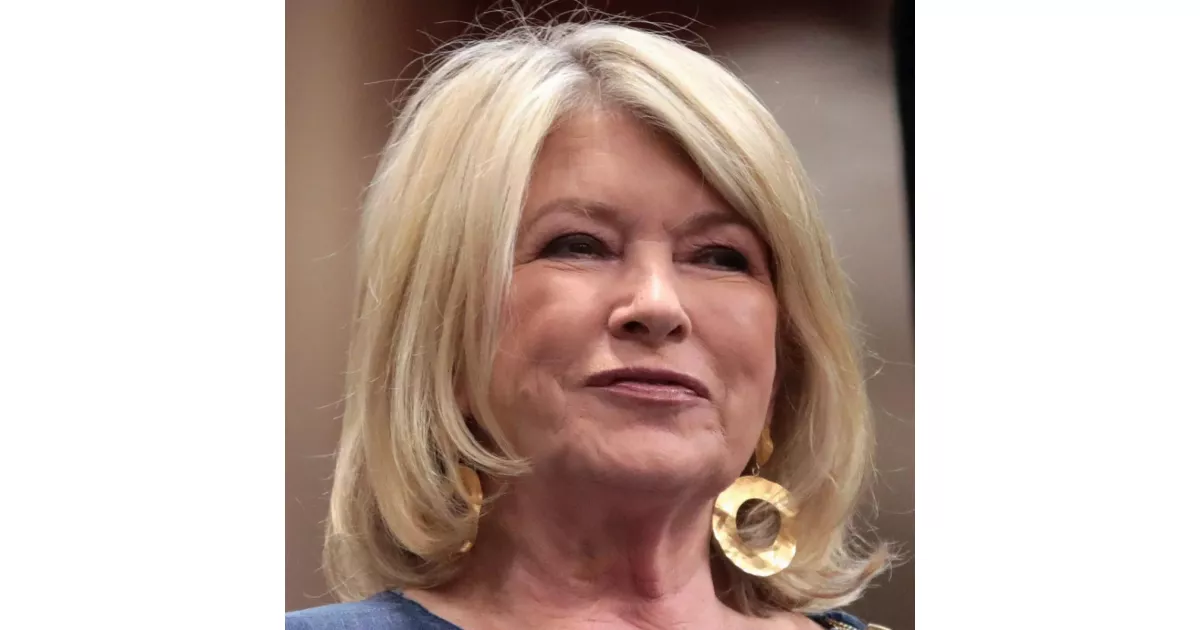Life is full of challenges, and Martha Stewart faced many. Discover key struggles and how they were overcome.
Martha Stewart is an American businesswoman, writer, and television personality best known for founding Martha Stewart Living Omnimedia. Her success spans publishing, broadcasting, merchandising, and e-commerce, focusing on home and hospitality. She's authored bestselling books, published Martha Stewart Living magazine, and hosted television programs like 'Martha Stewart Living' and 'The Martha Stewart Show,' solidifying her influence on lifestyle and home-related content.
December 27, 2001: Sold ImClone Systems stock
On December 27, 2001, Martha Stewart sold all 3,928 shares of her ImClone Systems stock, avoiding a loss of $45,673 after receiving nonpublic information.
February 2002: Stock Price Decline
By February 2002, the stock price of Martha Stewart Living Omnimedia slowly decreased to $16 per share.
June 25, 2002: Grilled on the air about ImClone during her regular segment
On June 25, 2002, CBS anchor Jane Clayson questioned Martha Stewart on the air about the ImClone stock trading case during her segment on The Early Show. Stewart continued chopping cabbage and responded: "I want to focus on my salad."
October 3, 2002: Resigned from the board of directors of the New York Stock Exchange
On October 3, 2002, Martha Stewart resigned from the board of directors of the New York Stock Exchange.
June 4, 2003: Indicted by a grand jury
On June 4, 2003, Martha Stewart was indicted by a grand jury on nine counts, including charges of obstruction of justice.
January 2004: Went on trial
In January 2004, Martha Stewart went on trial.
March 2004: Found Guilty
In March 2004, Martha Stewart was found guilty of felony charges.
July 2004: Sentenced
In July 2004, Martha Stewart was sentenced to serve a five-month term in a federal correctional facility and a two-year period of supervised release.
2004: Confined in Federal Prison Camp
In 2004, Martha Stewart was confined in Federal Prison Camp in Alderson, West Virginia.
2004: Shareholder derivative suit dismissal
In 2004, a derivative suit brought by Monica Beam, a shareholder of MSLO, against Martha Stewart and other directors and officers of the company, was dismissed by the Supreme Court of Delaware.
March 2005: Release from federal prison
In March 2005, Martha Stewart was released from federal prison after serving five months for felony charges related to the ImClone stock trading case.
August 2006: Settlement of Civil Case
In August 2006, the SEC announced that it had agreed to settle the related civil case against Martha Stewart. Stewart agreed to disgorge $58,062 and pay a civil penalty of $137,019.
June 2008: Visa Refusal by UK Border Agency
In June 2008, the UK Border Agency refused to grant Martha Stewart a visa to enter the United Kingdom because of her criminal conviction for obstructing justice.
Mentioned in this timeline
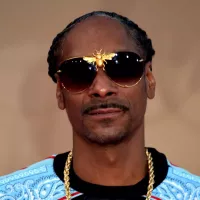
Cordozar Calvin Broadus Jr known as Snoop Dogg is a...
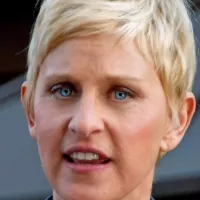
Ellen DeGeneres is an American former comedian actress television host...

Roku Inc is an American company that owns the Roku...

Walmart Inc is a multinational retail corporation operating hypermarkets discount...
CBS Broadcasting Inc CBS is a prominent American commercial broadcast...
Sports Illustrated SI is an American sports magazine launched in...
Trending
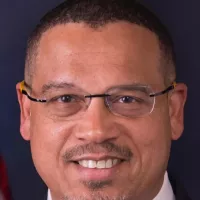
Keith Maurice Ellison is a prominent American politician and lawyer affiliated with the Democratic Farmer Labor Party He currently holds...

2 months ago South Park Halloween episode satirizes Pam Bondi as Trump 'brown-noser' during demolition.

8 months ago Koepka and DeChambeau attend Ryder Cup dinner, Bradley sees new side of golf.

Bailey Zappe is an American football quarterback who plays for the Cleveland Browns He began his college football career with...

2 months ago Harry Styles' Influence: Celebrity Boyfriend Phenomenon, Grammy Inspiration, and Album of the Year Debate.

Darrell Lamond Taylor is an American professional football player He is a Defensive End for the Chicago Bears in the...
Popular
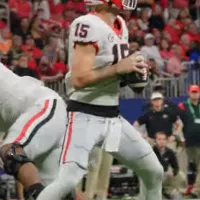
Carson Beck is an American college football quarterback currently playing...
Curt Cignetti is an American college football coach currently the...

XXXTentacion born Jahseh Dwayne Ricardo Onfroy was a controversial yet...
WWE Raw a professional wrestling television program by WWE airs...

Stranger Things created by the Duffer Brothers is a popular...

Kristi Noem is an American politician who has served as...
